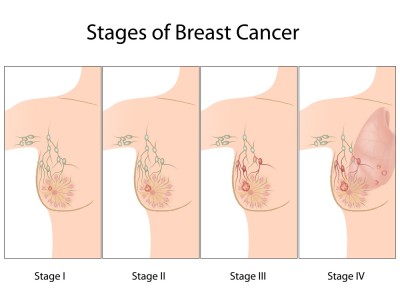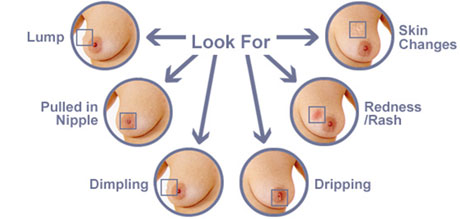DCIS treatment
DCIS treatment: Lumpectomy and radiation

DCIS treatment is one with high hopes of giving positive outcome
Treatment of ductal carcinoma in situ (DCIS) is one with high hopes of giving positive outcome. The success rate of removing the tumor and preventing any reoccurrence is almost guaranteed says doctor Dalal Akoury MD, President and founder of AWAREmed Health and Wellness Resource Center. In most cases, DCIS treatment options includes lumpectomy and radiation therapy as well as a simple mastectomy.
DCIS treatment: Surgery
Any patient diagnose with DCIS will have to make a decision between treating the disease using breast-conserving surgery (lumpectomy) or breast-removing surgery (mastectomy).
Lumpectomy – this type of surgery is essential in removing the area of DCIS alongside a margin of healthy tissue that surrounds it. The advantage of the procedure is that it allows the patient to sparingly remove portions of the affected breast thereby limiting the need for breast reconstruction
Mastectomy – a simple mastectomy is essential for treating DCIS by removing the breast tissue, skin, areola and nipple, and possibly the underarm lymph nodes (sentinel node biopsy) is one option. In most instance, this treatment will be followed by breast reconstruction if the patient wishes to do so. Doctor Akoury reiterates that, most women with DCIS are direct candidates for lumpectomy. However, mastectomy may be recommended if:
You have a large area of DCIS – In the event that the area is big compared with the size of the breast, a lumpectomy may not produce acceptable cosmetic results.
There’s more than one area of DCIS (multifocal or multicentric disease). It’s difficult to remove multiple areas of DCIS with a lumpectomy. This is true if DCIS is found in different sections of the breast.
Tissue samples taken for biopsy show abnormal cells at or near the edge of the tissue specimen – where the DCIS is more than what was anticipated, in that case a lumpectomy may be inadequate to remove all areas of DCIS. Therefore, additional tissue may be excised. This may require removing the breast (mastectomy) if the area of DCIS involvement is larger relative to the size of the breast.
You’re not a candidate for radiation therapy. Radiation is usually given after a lumpectomy. You may not be a candidate if you’re diagnosed in the first trimester of pregnancy, you’ve received prior radiation to your chest or breast, or you have a condition that makes you more sensitive to the side effects of radiation therapy, such as systemic lupus erythematosus.
DCIS treatment: Radiation therapy
Radiation therapy uses high-energy beams, such as X-rays, to kill abnormal cells. Radiation therapy after lumpectomy reduces the chance that DCIS will come back (recur) or that it will progress to invasive cancer.
A type of radiation therapy called external beam radiation is most commonly used to treat DCIS.
Radiation is typically used after lumpectomy. But for some women, radiation may not be necessary. This might include those with only a small area of DCIS that is considered low grade and was completely removed during surgery.
DCIS treatment: Tamoxifen
The drug tamoxifen blocks the action of estrogen — a hormone that fuels some breast cancer cells and promotes tumor growth — to reduce your risk of developing invasive breast cancer.
Tamoxifen is effective only against cancers that grow in response to hormones Tamoxifen isn’t a treatment for DCIS in and of itself, but it can be considered as additional (adjuvant) therapy after surgery or radiation in an attempt to decrease your chance of developing a recurrence of DCIS or invasive breast cancer in either breast in the future.
DCIS treatment: Lumpectomy and radiation
















 Annual Breast Cancer Walk Urges NYers To Think Pink
Annual Breast Cancer Walk Urges NYers To Think Pink Genetic markers for breast cancer can also be passed down on father’s side
Genetic markers for breast cancer can also be passed down on father’s side
 Breast cancer survivors get guidance for their post-treatment lives
Breast cancer survivors get guidance for their post-treatment lives

 Retro Music Video (Breast Cancer Awareness #3)
Retro Music Video (Breast Cancer Awareness #3)
